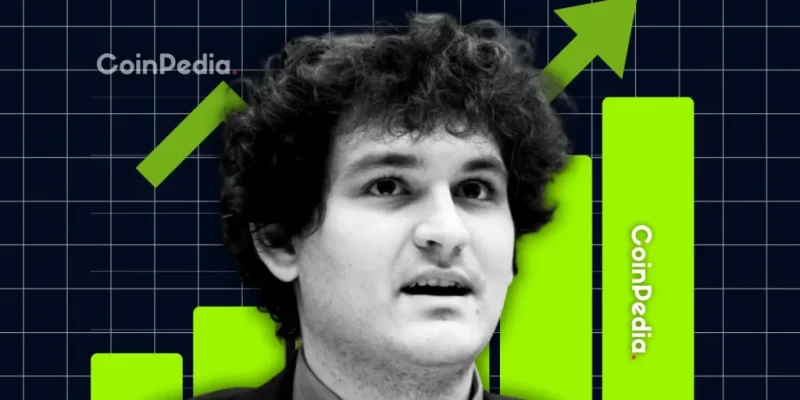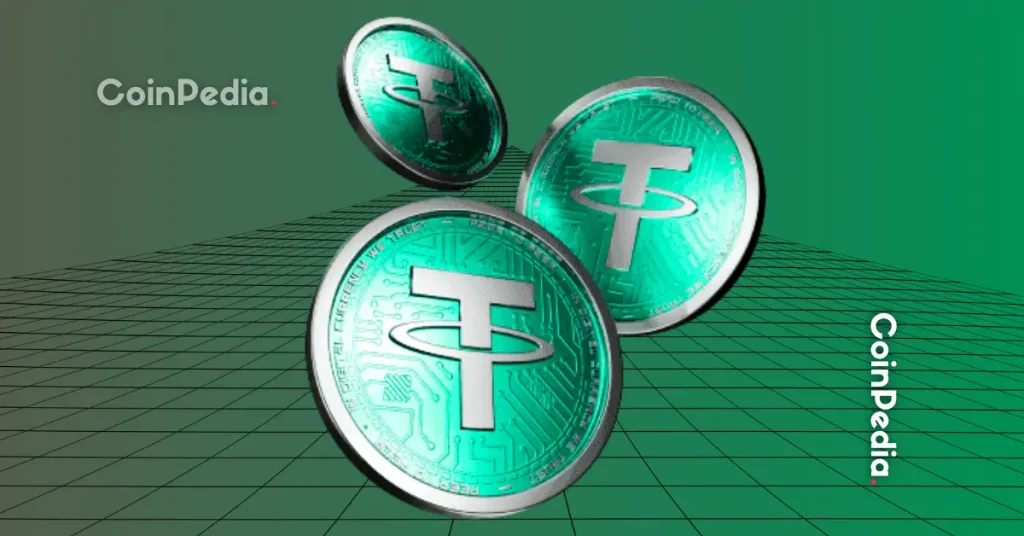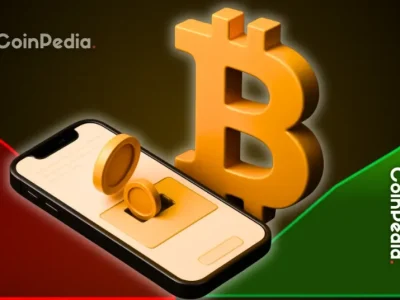
The post “FTX Was Never Bankrupt,” Claims Sam Bankman-Fried appeared first on Coinpedia Fintech News
According to new court filings, bankrupt crypto exchange FTX now holds around $136 billion in assets. The revelation has reignited debate about the company’s dramatic collapse and its controversial founder, Sam Bankman-Fried (SBF), who now insists that FTX “was never bankrupt.”
FTX Bankruptcy Update 2025:
FTX’s estate, which once faced an $8 billion shortfall, is now overflowing with assets spread across crypto, equity, and cash. Its portfolio includes $14.3 billion in Anthropic equity, $7.6 billion in Robinhood stock, $1.2 billion in Genesis Digital Assets, and $600 million in SpaceX shares through K5 Global.
FTX holds 58 million SOL worth $12.4 billion, 890 million SUI ($2.9 billion), 205,000 BTC ($2.3 billion), 225.4 million XRP ($600 million), and 112,600 ETH ($500 million). Add to that $1.7 billion in cash and $345 million in stablecoins, and the numbers show how dramatically the value of FTX’s holdings has surged during the 2024–2025 bull run.
Reports suggest that 98% of creditors have already received 120% repayment, with final payouts projected to reach up to 143%, meaning most users will ultimately get back more than they lost.
Sam Bankman-Fried Claims FTX Was Never Bankrupt
SBF’s legal team now argues that FTX was never insolvent, claiming customer assets “never left the platform” and that the exchange was solvent on a “fair-value basis” even during bankruptcy. But many in the crypto community see this as a desperate attempt at rewriting history.
On-chain investigator ZachXBT blasted the claim, noting that creditors were repaid at November 2022 prices, when crypto values had crashed, not at today’s levels.
“You clearly haven’t learned anything from your time in prison,” he wrote, accusing SBF of twisting facts to justify his past actions.
Another X user pointed out that the bankruptcy court already approved a $16.5 billion recovery, which wouldn’t have been necessary if FTX had truly been solvent.
“If FTX wasn’t bankrupt,” they asked, “why did SBF file for bankruptcy, resign as CEO, and scramble for emergency funding in November 2022?”
Also Read : Will Trump Pardon FTX Founder Sam Bankman-Fried? Polymarket Bets Say Maybe ,
FTX Creditor Repayment Update:
Legal experts warn that the estate’s newfound wealth doesn’t erase the original fraud allegations.
“This recovery highlights how volatile valuations can distort bankruptcy outcomes, but it doesn’t absolve criminal conduct,” said a securities attorney familiar with the case.
The turnaround also raises questions about future crypto bankruptcies, with creditors from Celsius and BlockFi now citing FTX’s example to push for greater asset transparency.
Meanwhile, the market has reacted cautiously. Solana, heavily tied to FTX’s holdings, briefly rose 3% after the filings, while speculation about a possible FTX 2.0 reboot has resurfaced among traders.
Political Angle Around FTX and CZ
The news comes amid political controversy following Donald Trump’s pardon of Binance founder CZ, sparking rumors that SBF could also be considered for clemency. Many investors, however, argue that such a move would damage public trust.
“It’s great we’re getting more than we lost,” said one former FTX user on Reddit. “But it doesn’t erase the chaos and sleepless nights we went through.”
FTX’s financial comeback is undeniable, but its founder’s credibility remains shattered. The company may have regained its fortune, yet its reputation and the trust of millions it once served may never fully recover.
Never Miss a Beat in the Crypto World!
Stay ahead with breaking news, expert analysis, and real-time updates on the latest trends in Bitcoin, altcoins, DeFi, NFTs, and more.
FAQs
FTX now holds about $136 billion in assets, boosted by rising crypto and equity values during the 2024–2025 bull market.
Yes. Creditors are expected to receive up to 143% repayment, meaning most users recover more than their original deposits.
SBF claims FTX was solvent on a fair-value basis, but critics argue it’s an attempt to rewrite history after the 2022 collapse.
There’s renewed speculation about an FTX 2.0 reboot, but no confirmed plans. Legal and trust issues remain major hurdles.












